Although tinnitus is not mentioned as an direct symptom of COVID-19, anecdotal reports from patients raise some questions
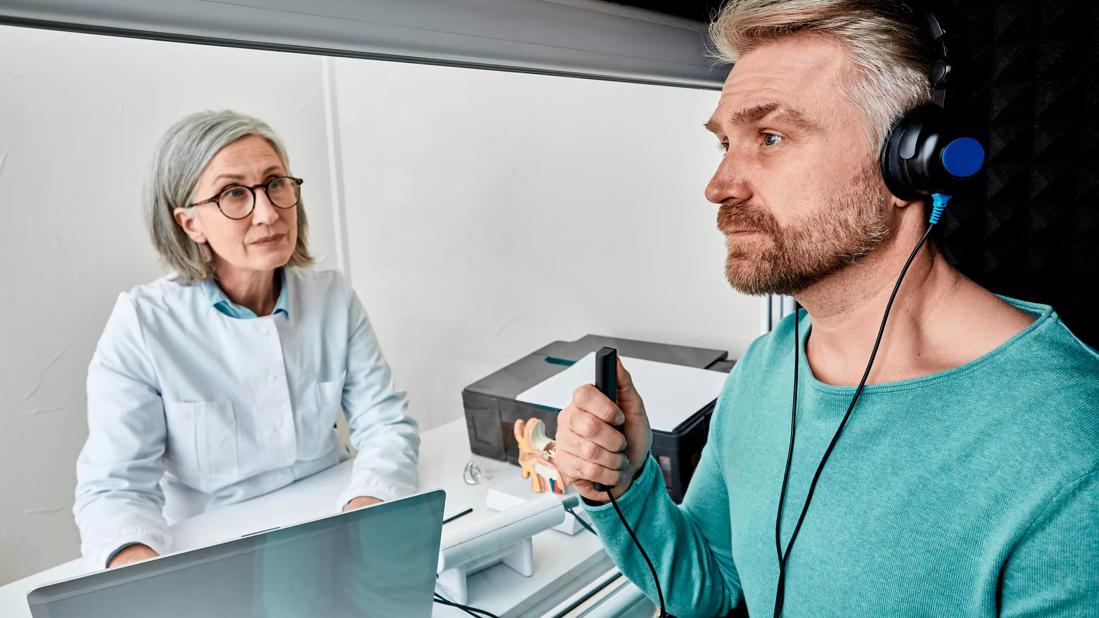
As patients recover from COVID-19 infections, many report symptoms that are not directly mentioned by the World Health Organization or the Centers for Disease Control as a post-COVID-19 condition. Among these is tinnitus, an internal sound perception, whose cause can be difficult for audiologists to pinpoint. Although the direct relationship between tinnitus and COVID-19 is unclear, certain aspects of the disease and the recovery process may offer clues.
Advertisement
Cleveland Clinic is a non-profit academic medical center. Advertising on our site helps support our mission. We do not endorse non-Cleveland Clinic products or services. Policy
“Throughout all of the different studies and literature published so far related to COVID-19 or tinnitus, there is very poor to low evidence of any correlation between tinnitus and COVID-19 infections,” says Lia Santiago, AuD, an audiologist in Cleveland Clinic’s Head & Neck Institute. “What we know from the literature is that less than 1% of patients who contract COVID-19 report any type of audiovestibular symptoms, such as hearing loss, tinnitus or dizziness. So it’s very rare if there is any kind of association there.”
While the evidence does not point to a direct correlation between COVID-19 and tinnitus, Dr. Santiago notes that if a person is extremely ill and potentially hospitalized, they might be put on medications that could impact their hearing in some way and cause tinnitus. Furthermore, tinnitus can be related to autoimmune issues, vascular disorders and diabetes. All of these are comorbidities that would put somebody at risk of potentially contracting a serious case of COVID-19 and could be associated with hearing loss and tinnitus.
One other point raised by Dr. Santiago is how environmental and societal changes that have been brought about from COVID-19 could affect a patient’s awareness of tinnitus. “We’re all wearing masks and face shields, and these things decrease our ability to hear external sounds around us,” explains Dr. Santiago. “This can lead to some auditory deprivation. If a person is not receiving a lot of sound around them, and their environment is quieter, they’re going to notice tinnitus because there is nothing there to distract them from it. Once you notice your tinnitus, it’s very hard to just ignore it or realize that it’s not there anymore.”
Advertisement
Further complicating the understanding of the relationship between COVID-19 and tinnitus are limitations in the research. “For about 50% of the available studies, they make no indication of whether or not the patient had tinnitus, hearing loss or vestibular symptoms prior to the COVID-19 infection,” says Dr. Santiago. “Some of the questions where the patient might be asked about their symptoms are not asked in a way that makes it clear whether this is a new symptom or an existing one. Another issue with the literature is a lot of times the surveys that are being conducted are being done by tinnitus associations or among groups of people who already have chronic tinnitus.”
When a patient presents with tinnitus at Cleveland Clinic, Dr. Santiago stresses that the goal for treating this patient is not to necessarily to identify the cause, but rather to find ways to manage it. “For many people, we’re not going to be able to determine why there experiencing tinnitus,” says Dr. Santiago. “I think for a lot of the patients coming in to see us, they believe they need to find a cause because they think this is a problem, and they need to fix it. But from our standpoint, we’re looking to remediate and manage it and not worry so much about why it’s happening. Our goal is to help get them back into their everyday life and away from focusing on the tinnitus”
Three out of four patients with hearing loss seen at Cleveland Clinic’s audiology practice also experience tinnitus. This leads to a concern among audiologists that a patient who may be reporting tinnitus to their primary care physician may have an underlying hearing loss that should be managed either by an otolaryngologist or if it’s a long-term permanent hearing loss, that they should seek audiologic care. “For patients who have chronic tinnitus, it’s not something that we necessarily expect to be able to cure, but there are a lot of management options out there for those patients,” says Dr. Santiago. “We don’t want the patients to receive a message that for tinnitus, the only option is to ignore it and there’s nothing that can be done. There’s a lot that we can do to try to help manage the symptoms.”
Advertisement
If a patient presents with chronic or acute tinnitus at Cleveland Clinic, they are referred to the interdisciplinary Tinnitus Management Clinic. In addition to audiologists, there is also a dentist, a psychologist and a neurologist. Because there are different reasons a person could have tinnitus, the group gives a presentation to their patients about tinnitus, the etiologies and how it is managed. Individual screenings are also performed with the patients from each discipline. A specific care plan for each patient is developed in terms of what specialties the Management Clinic believes they should see for further evaluation and follow-up.
“For audiology, a patient may come to see us for talking about sound therapy options or hearing aids, explains Dr. Santiago. “Dentistry, they may be referred to receive some kind of orthodontic or dental work or appliances to help reduce their tinnitus. Neurology might refer to physical therapy to help reduce the tinnitus symptoms and psychology or behavioral health to help kind of reframe the patient’s experience with tinnitus. This multidisciplinary approach is very unique for outpatient clinics in the United States.”
Advertisement
Advertisement
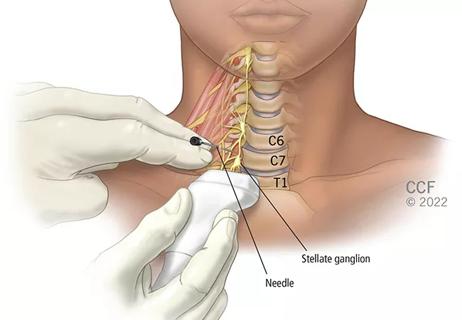
Patients report improved sense of smell and taste
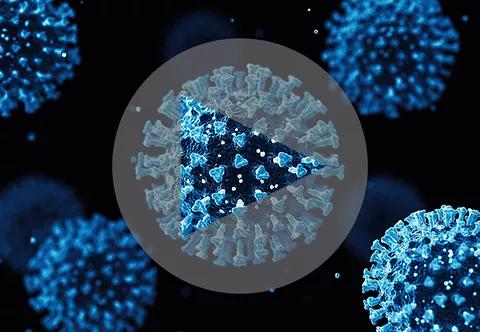
Clinicians who are accustomed to uncertainty can do well by patients

Unique skin changes can occur after infection or vaccine

Cleveland Clinic analysis suggests that obtaining care for the virus might reveal a previously undiagnosed condition

As the pandemic evolves, rheumatologists must continue to be mindful of most vulnerable patients
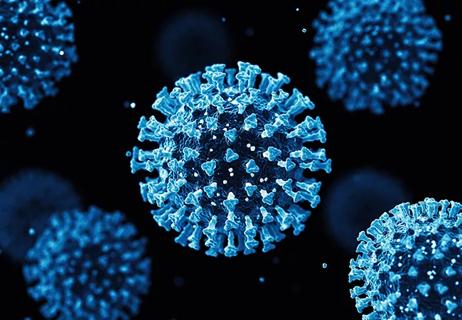
Early results suggest positive outcomes from COVID-19 PrEP treatment
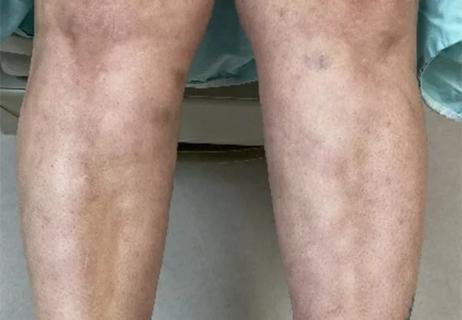
Could the virus have caused the condition or triggered previously undiagnosed disease?

Five categories of cutaneous abnormalities are associated with COVID-19